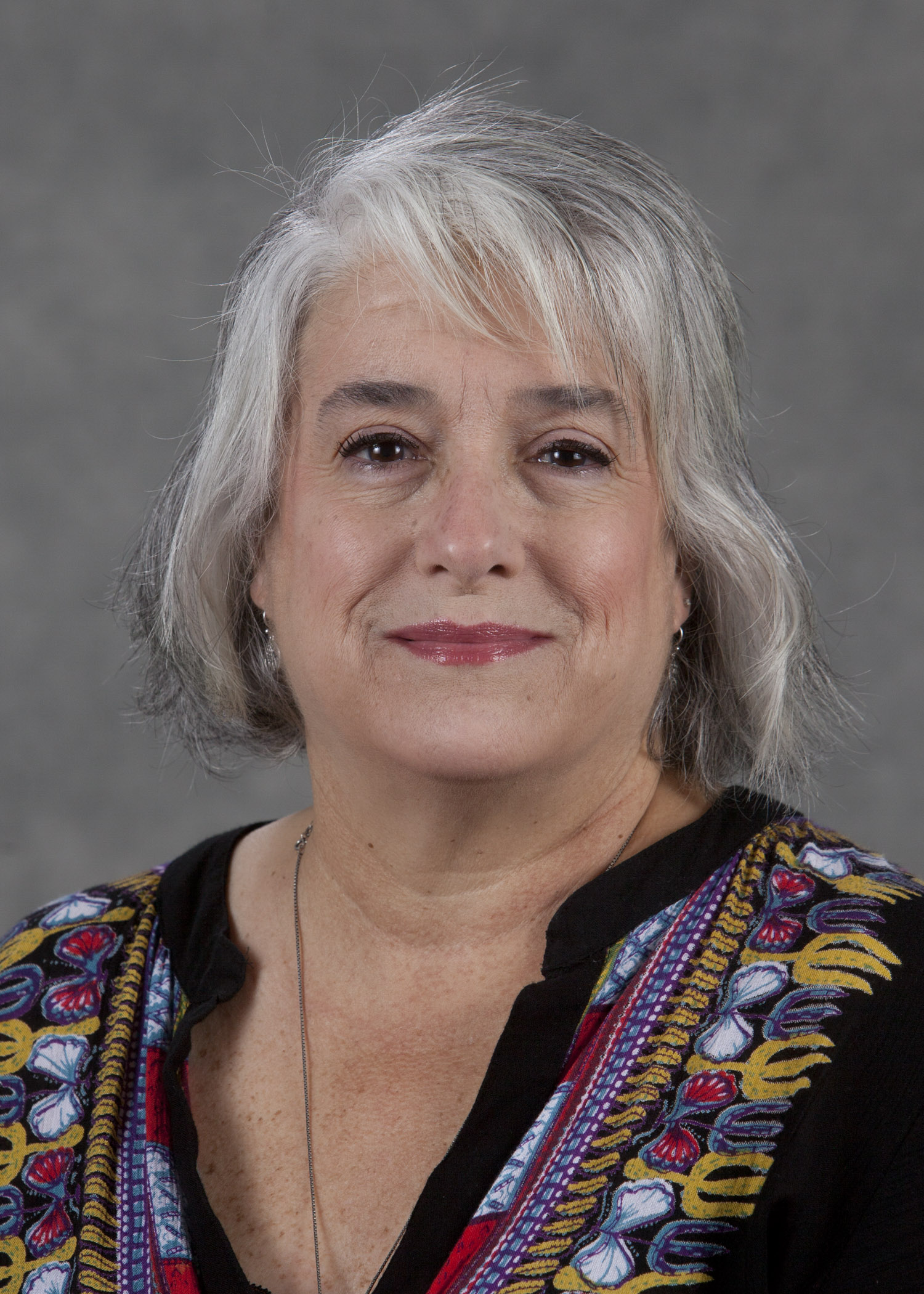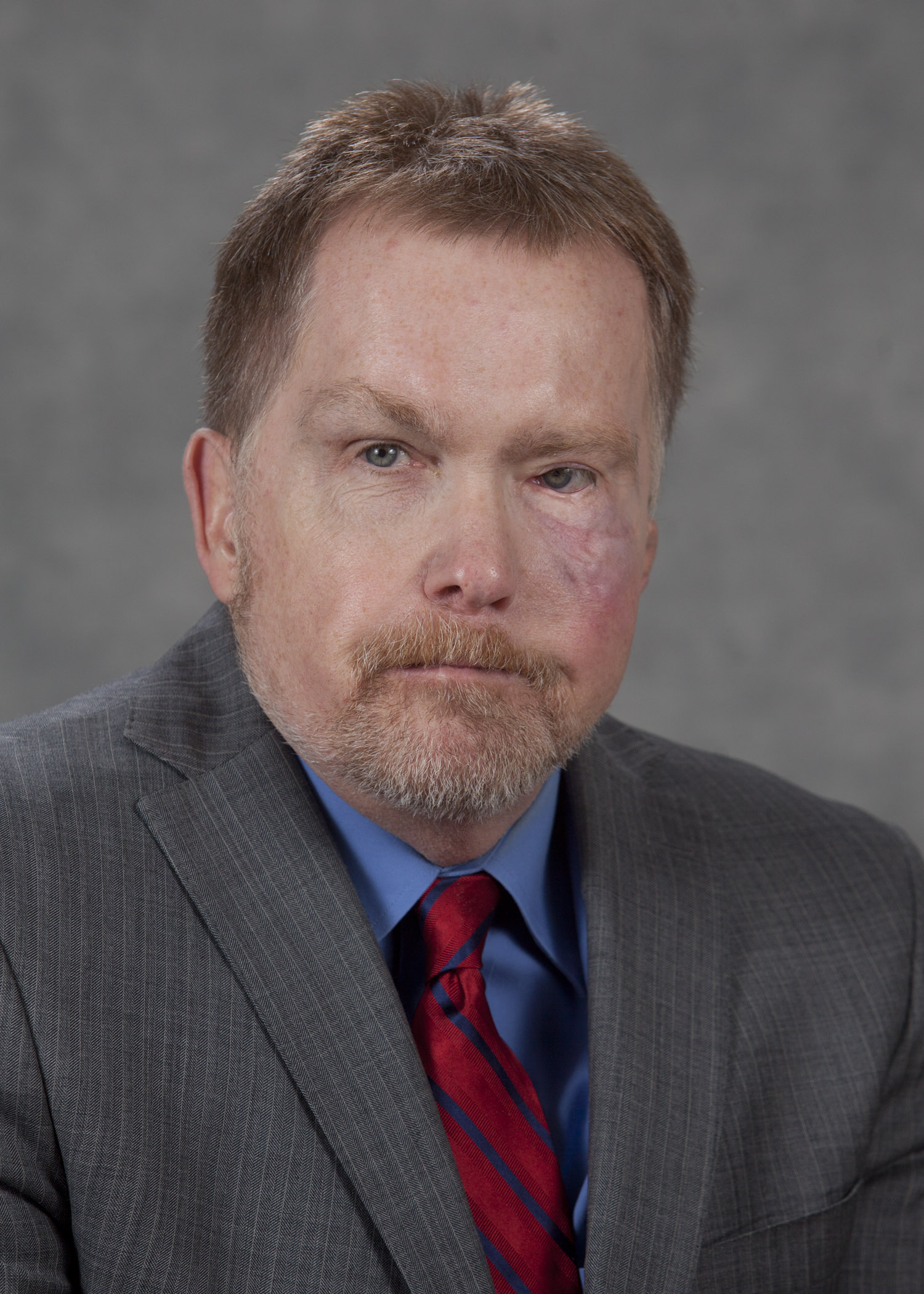Southeastern > Academics > Academic Programs > Experiential Learning > News & Events > Aligning Course Practice with “Eight Principles of Experiential Learning”
NEWS & EVENTS
More news stories
APRIL 20, 2024Differentiated Instruction Online: Questions and Answers
Aligning Course Practice with "Eight Principles of Experiential Learning"
Me, Too: Experiential Learning for Instructors
Awareness of Risk in Experiential Learning
Understanding Student Fears
FAQs in Online Experiential Education
Aligning Course Practice with “Eight Principles of Experiential Learning”
Tuesday, April 2, 2019 
Susan Tufts
Dept. of Human and Health Sciences
Dr. Danny Lee
Dept. of Nursing
Introduction:
The National Society for Experiential Education’s (NSEE) “Eight Principles of Good Practice for All Experiential Learning Activities” are important guidelines to creating meaningful experiential-learning opportunities for students. Following the concepts below helped to create best practices for an internship in the Health Systems Management Curriculum. The principles are critical to the experiential-learning activity as they serve to generate a three-dimensional strategy of education and learning, putting students first in the process.
1. Intention and Purposefulness
Hands-on learning is most crucial to learning in healthcare. Healthcare has its own language, which can only be learned within the healthcare setting. This premise is taught and reinforced throughout the HSM curriculum and seen firsthand by students in the internship, the last semester of the program.
2. Preparedness and Planning
Prep work with seniors begins early in the senior year or the semester before they plan to take the internship. A pre-internship meeting is held with discussion on communication and language, professionalism in the workplace, dress code and cell phones, criminal background checks and a urine drug screen prior to the start of the internship course. A guest speaker is often at these meetings to set the stage for these students entering the real world; some students find their own internships and mentors.
3. Authenticity
Students are placed in a real-world healthcare organization with experienced mentors, chosen beforehand. There are numerous places utilized for an HSM internship: North Oaks Medical Center in IT, PI, with the CNO, Cypress Pointe Surgery Center with the director of marketing; Slidell Memorial Hospital Cancer Center with the Director of Operations, Dept. of Health & Human Services, Therapy Management Company, which owns nursing homes and rehab centers. All of the internship sites are functioning healthcare organizations with who SLU has an affiliation agreement.
4. Reflection
Internship work also occurs in Moodle: a weekly forum used for reflection of their internship that week; goals met; activities participated in; accomplishments; what enhances student knowledge base of healthcare organizations; and how they work. Also, there is a philosophy assignment that students generate before beginning their experience setting the stage for a powerful learning opportunity.
5. Orientation and Training
Students are responsible for making the initial contact with the facility and/or mentor, to set up either an orientation or a meet and greet to establish hours of the internship, dress code, organizational rules, safety regulations, etc.
6. Monitoring and Continuous Improvement
Students are encouraged to provide feedback at the end of their internship experience on the organization and the mentor in the form of an oral presentation at the post-internship meeting and by answering a survey sent to their email. The internship course is edited and tweaked as needed for purposes of student enhanced learning and for the organization and mentor.
7. Assessment and Evaluation
In addition to the assessment and evaluation of the student’s work, a survey is sent to students after completion of the internship course with questions regarding the internship experience and what they learned, the HSM program and its relevance to the internship, goals met and their potential future plans, whether to work or go to a graduate program. Also, the first mentor meeting takes place the May prior to the fall internship to obtain feedback from the core mentors and the internship, how to improve it, projects they recommend for our students. The HSM program has been edited several times since its inception in 2015 and the internship is being edited every semester. These changes are critical to match the exponential growth of the HSM program to date.
8. Acknowledgement
Students’ learning internship experience is recalled and celebrated at the end of the semester, right before graduation, in a post-internship meeting. All students present an oral presentation, sharing their successes, awkward moments, and moments they are most proud of in their professional internships. This piece of the learning experience solidifies their accomplishments throughout the program and provides valuable feedback from their peers. It is usually enjoyed by everyone present.
By aligning a course’s design and improvement strategies with the “Eight Principles of Good Practice,” students have rich learning experiences rooted in solid academic standards and practices that prepare them effectively for their future careers.






